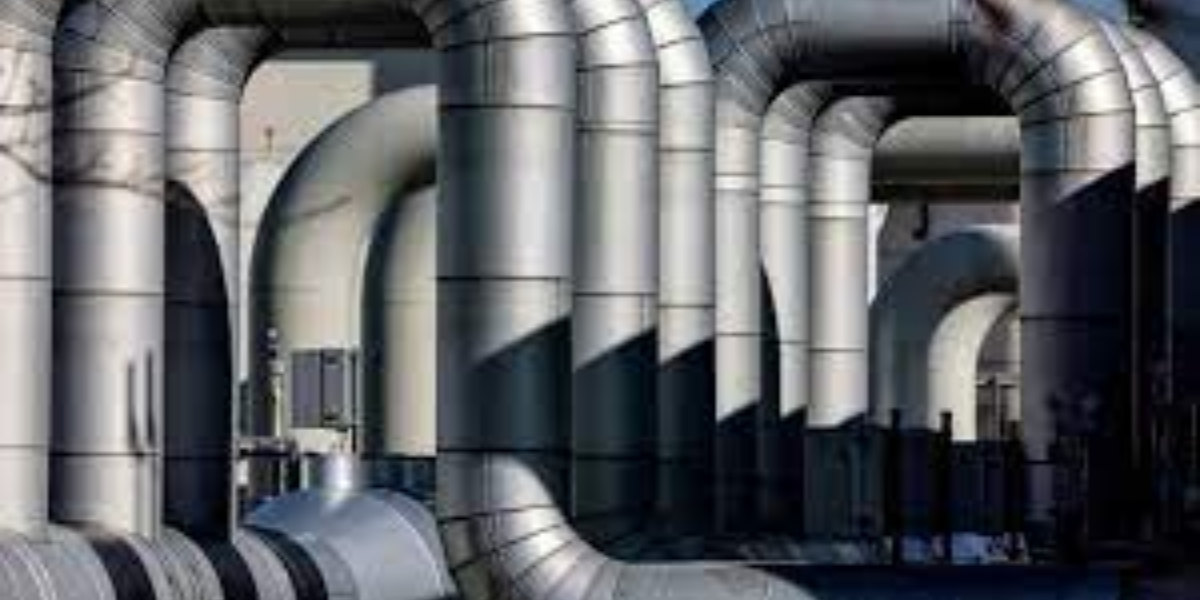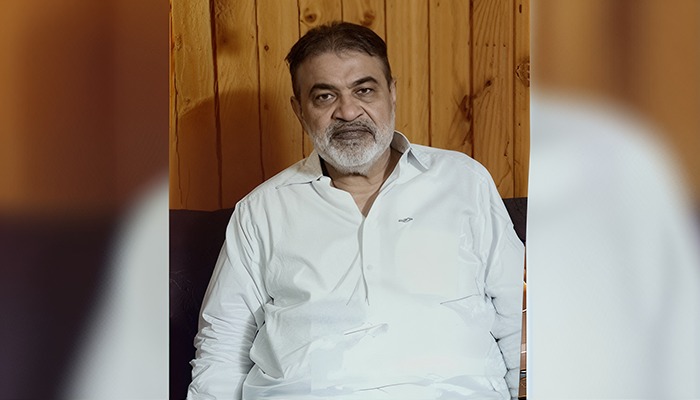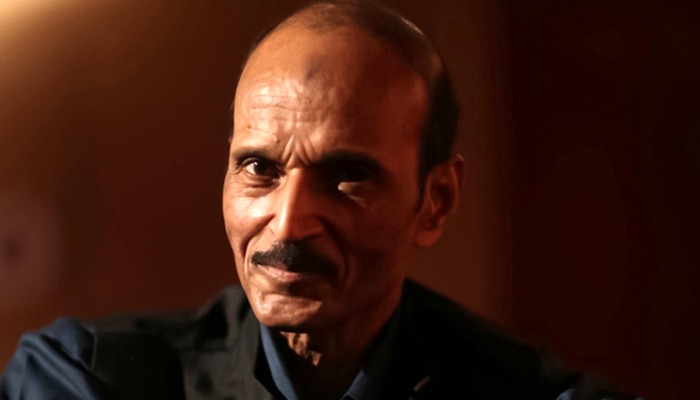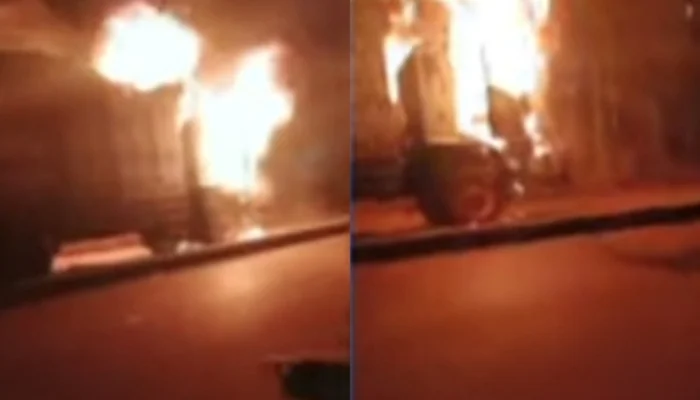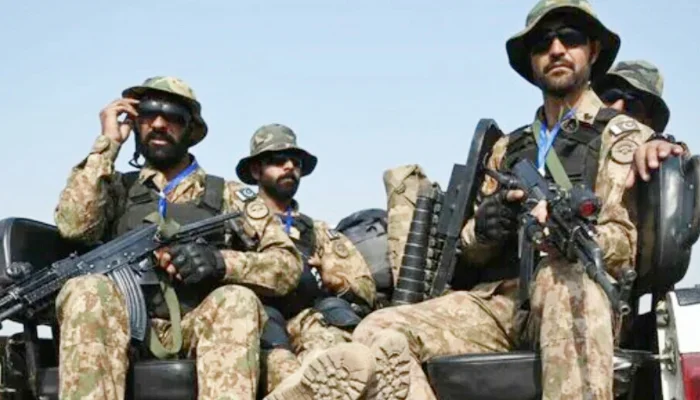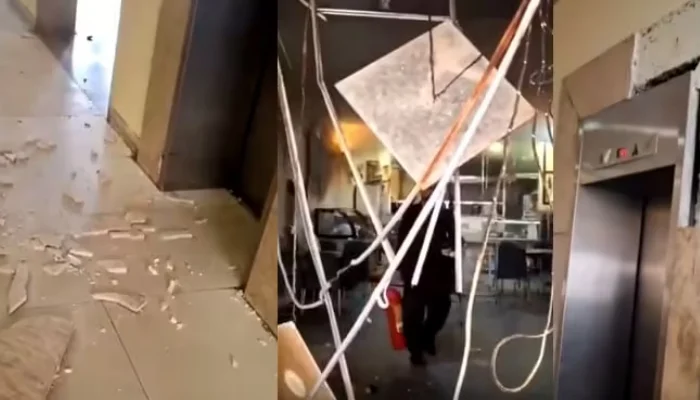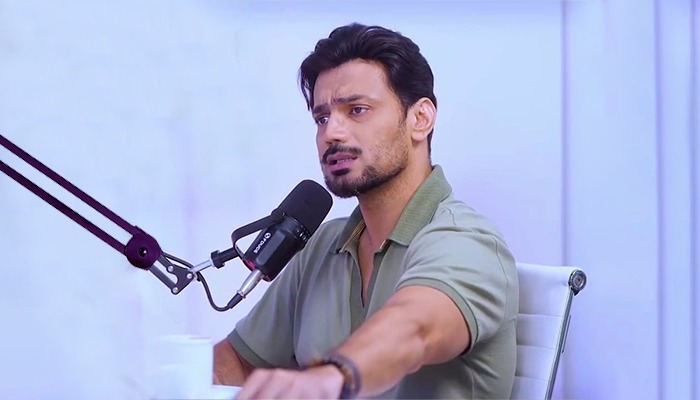- Germany will experience a recession, while Italy said it would consider providing financial support to help companies fill gas storage
- the EU relied on Russia for up to 40% of its gas needs; this percentage rose to 55% for Germany,
- The BDI industrial association in Germany on Tuesday reduced its economic growth prediction for 2022 from the 3.5%
An industrial group on Tuesday warned that if dwindling Russian gas supplies totally stop, Germany will experience a recession, while Italy said it would consider providing financial support to help companies fill gas storage to prevent a worsening crisis this winter.
After Russia’s invasion of Ukraine placed energy at the centre of an economic conflict between Moscow and the West, governments in the European Union from the Baltic Sea in the north to the Adriatic in the south have outlined preparations to deal with a supply problem.
Before the conflict, the EU relied on Russia for up to 40% of its gas needs; this percentage rose to 55% for Germany, leaving a major gap in the already constrained global gas market. In response, some nations have temporarily reversed their intentions to shut down coal power stations.
The rise in inflation brought on by record-high gas prices has made it more difficult for policymakers to save Europe’s economy from certain doom.
The BDI industrial association in Germany on Tuesday reduced its economic growth prediction for 2022 from the 3.5 percent anticipated before the conflict started on February 24 to 1.5 percent. It said that stopping Russian gas shipments will inevitably lead to a recession in the biggest economy in Europe.
Although at a slower pace, Russian gas is still pumped through Ukraine. Only 40% of the Nord Stream 1 pipeline’s capacity is being used, despite it being a crucial supply route to Germany. Moscow claims that Western sanctions are impeding repairs, while Europe claims that this is only a cover for reducing flow rates.
Reduced supplies, according to German Economy Minister Robert Habeck, are part of Russian President Vladimir Putin’s strategy to sow panic and constitute an economic attack.
“This is a new dimension,” Habeck said. “This strategy cannot be allowed to succeed.”
The slowdown has made it more difficult for Europe to fill storage tanks, which are currently only about 55 percent full, in order to reach an EU-wide goal of 80 percent by October and 90 percent by November, a level that would enable the bloc survive winter if supplies were further disrupted.
After energy giant Eni (ENI.MI) reported a shortage in flows from Russia for more than a week, Italy’s government announced early measures to increase gas storage on Tuesday.

